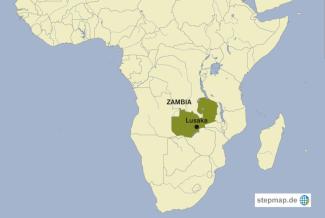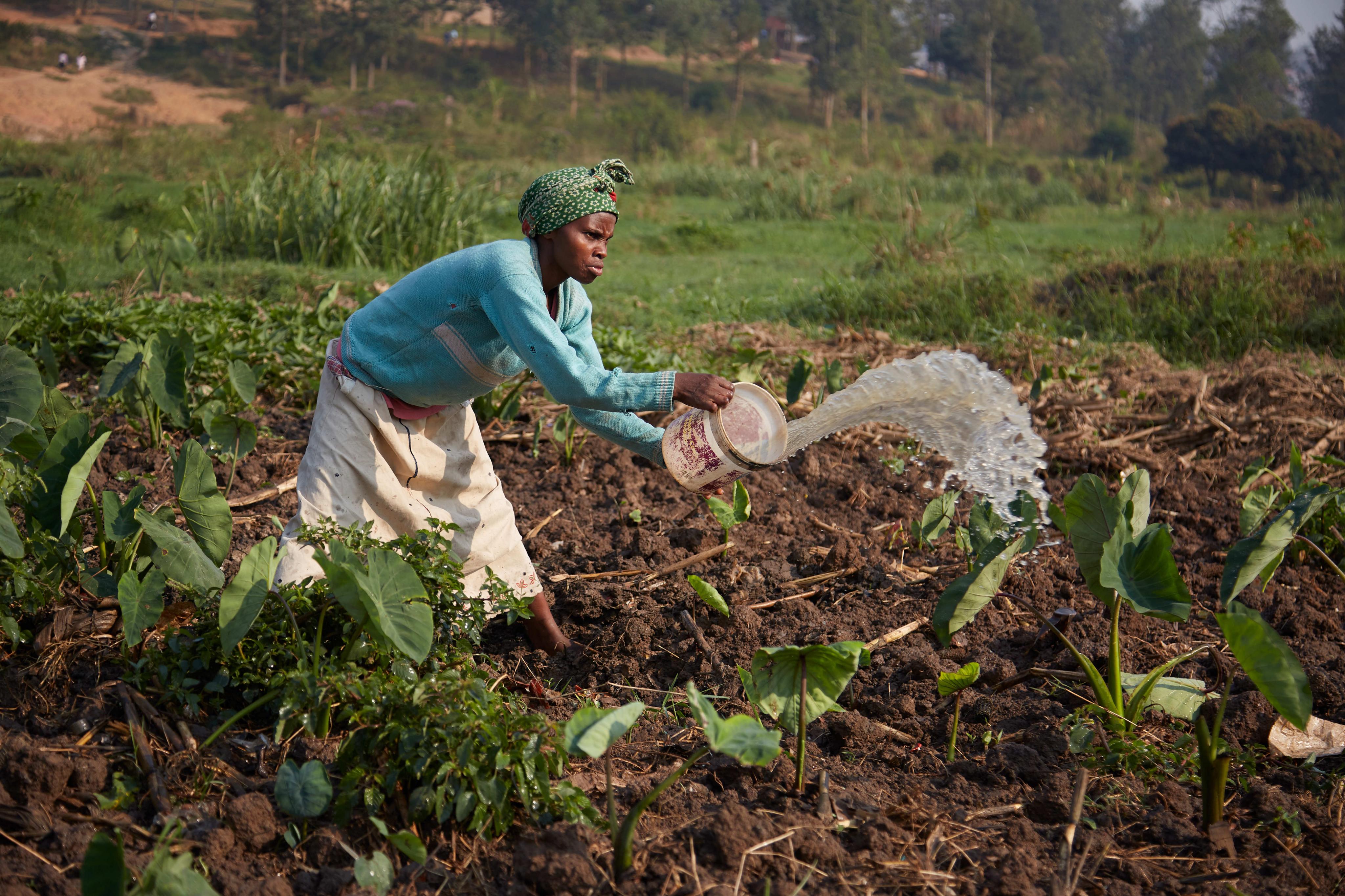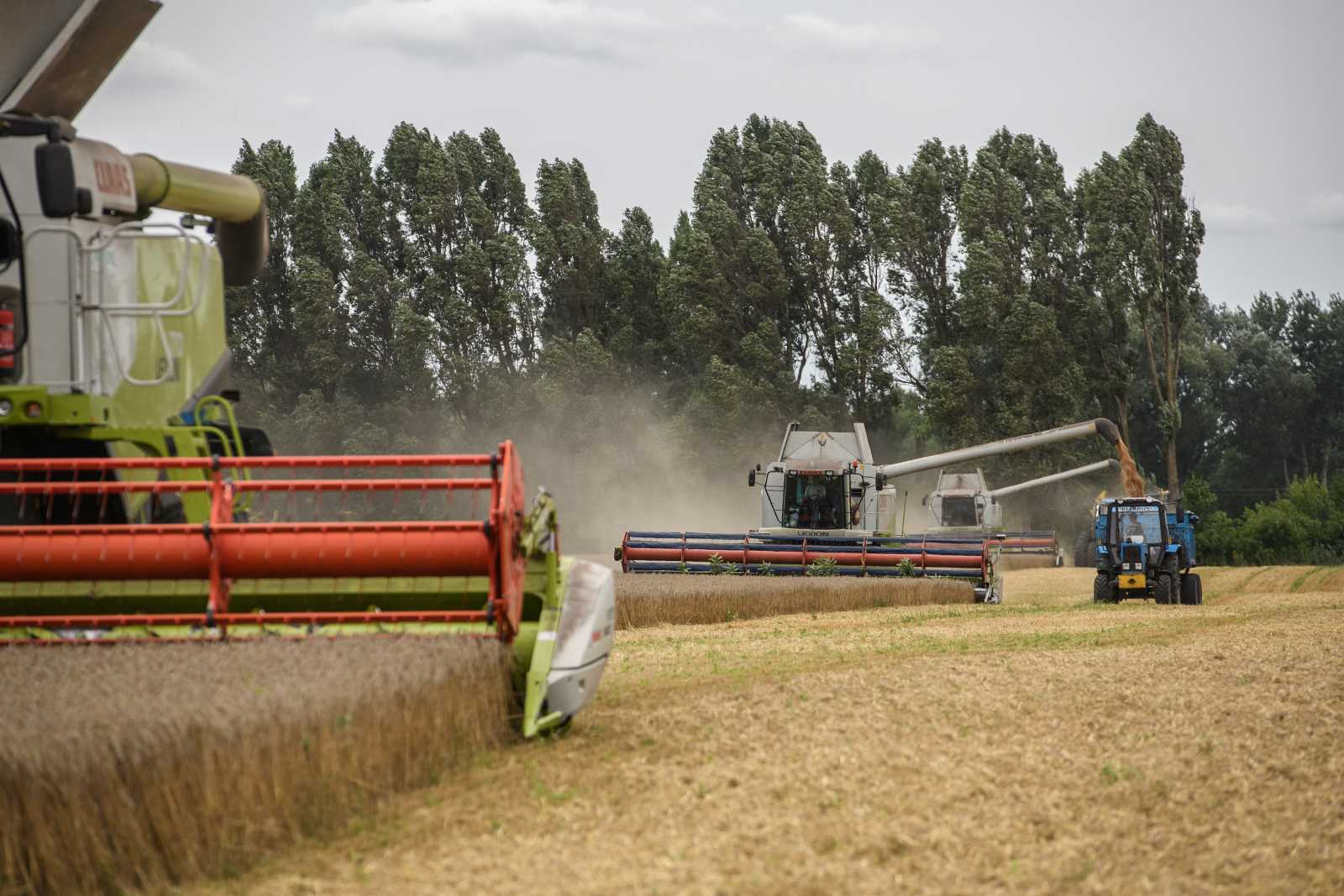Agriculture
Facing down the armyworm pest

The threat comes from an invasion of fall armyworms – caterpillar-like creatures that arrive in droves and eat their way through the leaves and stems of plants. Although attention has focused on the dietary staple maize, the pest also attacks groundnuts, sunflower, cotton and soybeans.
Armyworms invade each year to wreak havoc on Zambia’s crops. According to the country’s Ministry of Agriculture, fully 98 % of farmers in Zambia and Ghana told pollsters in a 2018 survey that their maize crop was affected; the average maize loss was 35%. In the most recent farming season, 46 districts and 521 farming settlements sent out distress calls.
Zambia is not alone in facing an invasion of armyworms. The Ministry of Agriculture says the caterpillars attacked more than 40 African countries during the 2018-2019 farming season. Those attacks laid waste a total of nearly 60,000 hectares of land that support over 70,000 households.
For small-scale farmers and their communities, the invasion is catastrophic. Sharon Mwale, a small-scale farmer in the Kafue district in southern Zambia, says armyworms cause massive damage to her crops each year and threaten food security in her district.
The government fights the invasion by spraying affected fields with anti-armyworm chemicals. Recently, it reportedly purchased 83,000 litres of anti-armyworm sprays. Other agencies are also involved: the African Development Bank committed $ 3 million for anti-pest chemicals.
Chinese-owned agriculture-technology company Sunagri Investment Zambia offers a further solution. It uses drones to spray affected crops, avoiding labour-intensive spraying by hand.
Fraser Zhang, the company’s founder, initially imported three drones from China for the task. He subsequently deployed “smart” drones that spray affected plants at night. That was a key step-change in the fight against armyworms, since the pests feed on crops at night.
Not all farmers believe that chemicals are the right way to fight the pest. Nelson Kabanda, a farmer from the Lufwanyama district in the centre of the country, says the solution is to invest in preventative measures rather than using chemicals. “This is a waste of taxpayers’ money,” he says of the spraying. “How long will this battle continue with chemicals, to which most affected farmers don’t even have access? We need a lasting solution or else farmers will forever be in need of food aid.”
Similarly, Maybin Mutale, a farmer in the Mufumbwe district in the country’s northwest, notes that farming in his region has been depressed for a long time despite spraying. He says farmers should shift to hardier, pest-resistant crops. “If mitigation measures are not put in place, many farmers will starve,” he says. “How can one harvest crops that have already been eaten up?”
Derrick Silimina is a freelance journalist based in Lusaka, Zambia.
derricksilimina@gmail.com












